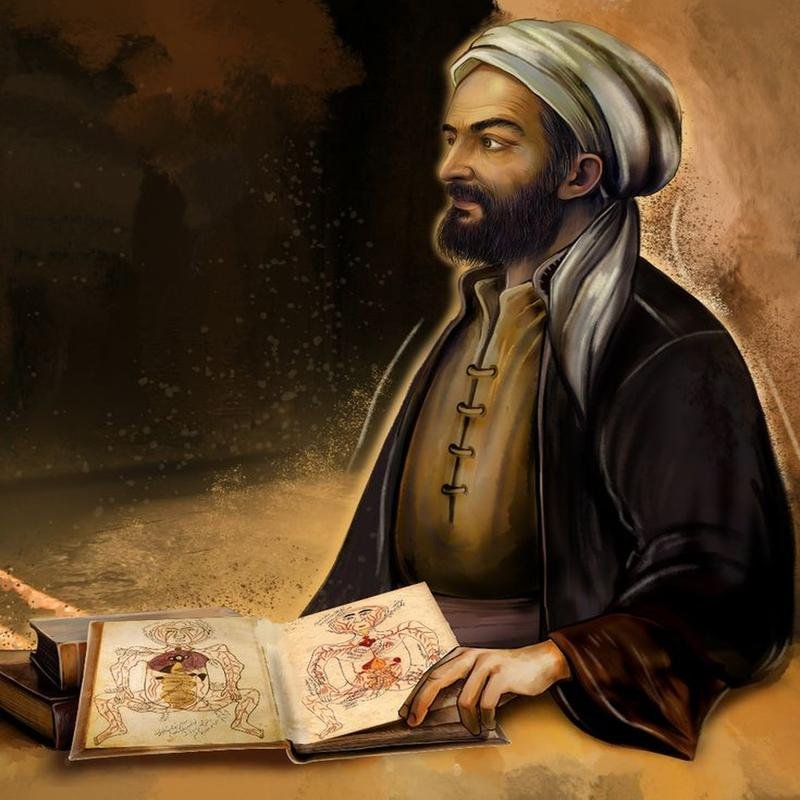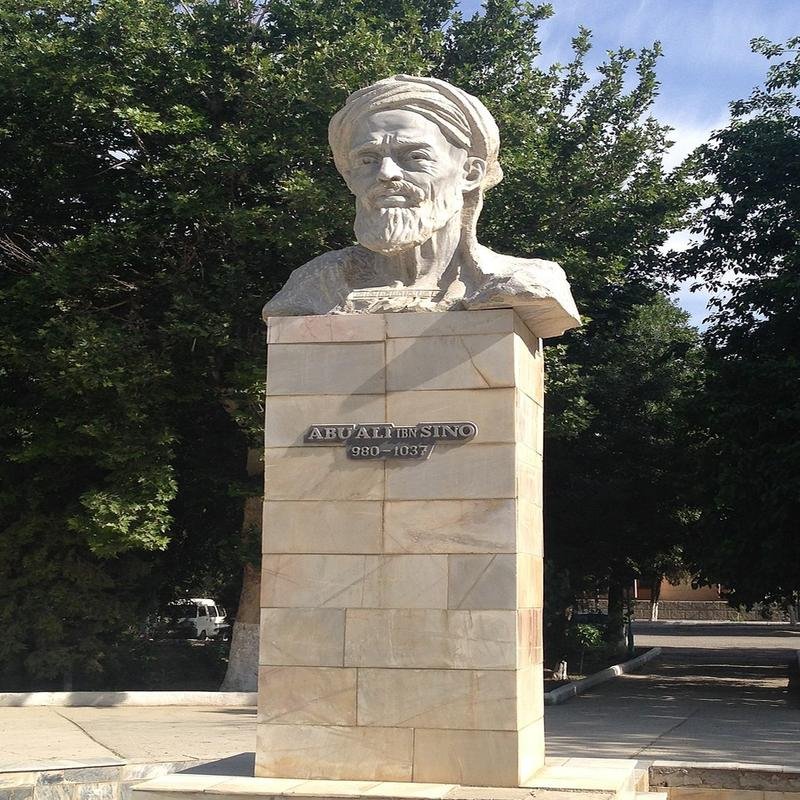Ibn Sina: The Hidden Truth 👁️ That Revolutionized the World of Medicine.

Ibn Sina: Avicenna & His Medical Revolution
Who was Avicenna, and why should he matter to us today? Are we merely discussing a name from the past? Avicenna is often simplistically portrayed as a physician, a characterization that fails to capture his true breadth as a polymath. Envision him as an 11th-century figure, teaching medicine and philosophy in Isfahan and Hamadan while Europe was largely in a period of intellectual stagnation. His “Canon of Medicine” was not simply a reference text; it served as a comprehensive medical framework that remained in use in European universities for six centuries. But do we truly understand the origins of Avicenna’s knowledge? Was it solely the product of innate genius, or the result of rigorous experimentation and research? And are the miracles and supernatural abilities attributed to him factual or purely legendary? This question resonates across the ages. We aim to peel back the layers of legend and reveal the historical Avicenna.
Unveiling the Myths of Avicenna’s Early Life
Before examining the “Canon,” let’s address some of the myths surrounding Avicenna’s early life. Consider the narrative of a child who supposedly memorized the entire Quran by the age of ten and mastered Greek logic in his teens. An impressive story, certainly, but one that obscures a more nuanced reality. While Avicenna’s precocity was undeniable, accounts of his extraordinary childhood achievements are often embellished. Historical evidence suggests that his father, Abdullah, was an educated man who ensured his son received a comprehensive education. Avicenna received private tutoring in Bukhara, studying jurisprudence, literature, mathematics, and philosophy. Undoubtedly, he possessed a remarkable memory and exceptional comprehension, but acquiring knowledge in that era required significant effort and a dedicated pursuit of books and scholars. The legend that he surpassed all his teachers at a young age is an exaggeration intended to emphasize his genius. In reality, Avicenna benefited from the accumulated knowledge of his time and surpassed it through his own intelligence and perseverance, building upon the scientific and philosophical foundations laid by his predecessors.
“The Canon of Medicine”: A Lasting Legacy
Avicenna’s enduring legacy is embodied in “The Canon of Medicine,” a vast encyclopedic work that required years of dedicated effort and became a fundamental reference in medical schools for centuries. The “Canon” was not merely a compilation of existing knowledge; it represented a significant qualitative advancement. Avicenna organized and classified information with exceptional skill, adding his own insightful observations and invaluable clinical experiences. The book is structured into five integrated parts, covering anatomy, vital organ functions, various diseases, diverse medicines, and surgery in detail. A key concept emphasized in the “Canon” is the critical importance of careful observation and direct clinical experience. Avicenna did not simply reiterate existing information; he verified it through his own investigations, seeking the truth and recording his observations with honesty and meticulous accuracy. Furthermore, he was the first to accurately describe meningitis and to clearly differentiate between obstructive jaundice and jaundice resulting from liver damage. Among his pioneering surgical contributions was his detailed description of the method for extracting bladder stones and his innovative use of local anesthesia. The “Canon” rapidly gained widespread recognition in both the East and West, and was translated into Latin in the 12th century, becoming the undisputed primary medical reference in European universities until the 17th century. The “Canon” profoundly influenced the practices of physicians, teaching methodologies, and the overall development of medical practices.
Avicenna’s Philosophical Contributions
Avicenna was not solely a physician; he was also a philosopher with a profound intellectual vision. He sought to reconcile Greek philosophy, particularly Aristotelian thought, with Islamic doctrine. His concept of necessary existence – God – and possible existence – creatures – formed the cornerstone of his metaphysical philosophy and influenced later theologians and philosophers such as Al-Ghazali and Averroes. His contributions extended beyond metaphysics to psychology, where he explored the powers of the soul and the relationship between the mind and body, paving the way for subsequent studies in physiological psychology. In the field of epistemology, Avicenna established the foundations for acquiring knowledge through both sensory experience and rational thought, emphasizing the importance of induction and deduction. Some misconceptions have clouded the understanding of his works. Has his philosophy been unfairly reduced to a mere simplification of Aristotle, ignoring his original contributions and his profound influence on European thought during the Middle Ages? His works were studied alongside those of Aristotle in universities such as Paris and Oxford, influencing thinkers such as Thomas Aquinas and Roger Bacon.
The Golden Age of Islam: An Intellectual Environment
But was Avicenna an isolated figure, or did he flourish within a rich intellectual environment? To truly appreciate his contributions, we must consider the Golden Age of Islam, a period spanning from the 8th to the 13th centuries AD. Baghdad, Cordoba, and Cairo were not merely political centers; they were vibrant centers of scientific inquiry, where Greek, Persian, and Indian texts were translated, the wisdom of the ancients was rediscovered, and new contributions were made. In the House of Wisdom in Baghdad, science and philosophy thrived under the patronage of the Abbasid caliphs. Was it not this atmosphere of intense research and analysis that enabled Avicenna to draw from diverse sources of knowledge and ultimately surpass them? To reduce Avicenna’s achievements to mere transmission from the Greeks is to ignore this stimulating environment and to disregard the crucial role of Islamic civilization in preserving and developing human knowledge.
Avicenna’s Enduring Influence
Did Avicenna’s influence wane with the end of the Middle Ages? Certainly not. His “Canon of Medicine” was not simply a historical artifact; it remained a vital primary source in European universities until the 17th century. Centuries after his death, Renaissance physicians, pioneers of the new science, relied on his insightful diagnoses and accurate prescriptions. Furthermore, his astute observations on infectious diseases, such as measles and smallpox, contributed significantly to understanding their mechanisms of transmission. Does this not resonate strongly with our modern research on epidemics? Even today, his unique holistic approach to treating patients, which emphasizes the connection between the body and mind, inspires the development of integrated psychophysical treatment methods. Avicenna’s legacy is not merely confined to the pages of history; it is a living force that continues to influence modern medicine.
Truth vs. Legend: Discerning Avicenna’s Legacy
Having explored the life of Avicenna, it is time to discern where historical truth ends and legend begins. We have seen how “The Canon of Medicine” was not simply a compilation of existing knowledge, but a comprehensive medical encyclopedia based on careful observation and experimentation, transcending prevailing myths and legends. But have the romanticized stories of his extraordinary genius and his ability to cure intractable diseases overshadowed his genuine scientific achievements? Undoubtedly, Avicenna was a brilliant physician and philosopher. However, his genius manifested itself in his rigorous scientific methodology and his remarkable ability to integrate philosophy and medicine, rather than in supernatural abilities. Does his true value not lie in his role as a pioneer of the experimental scientific method, a crucial link between civilizations, and a founder of a golden age in the history of medicine? After all that we have learned about Avicenna, do you believe that the generations








